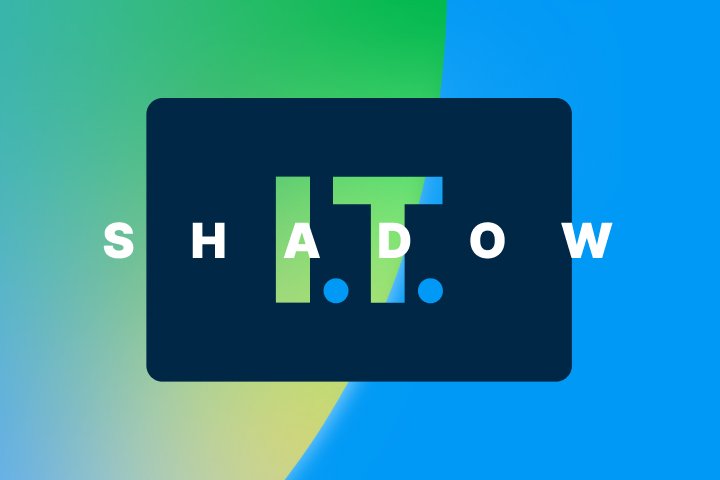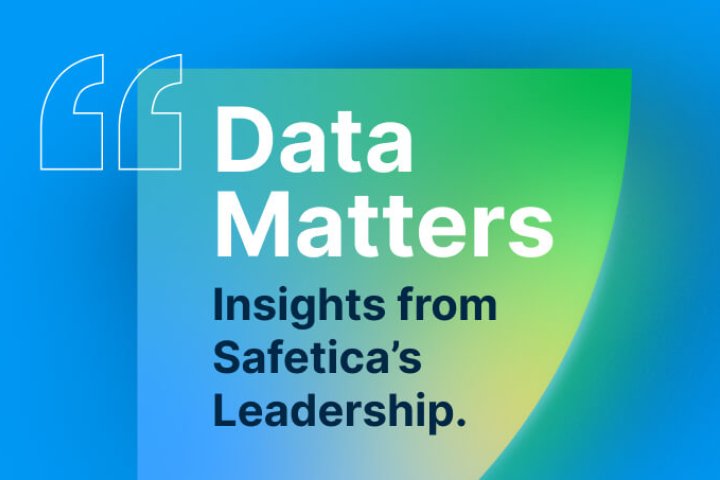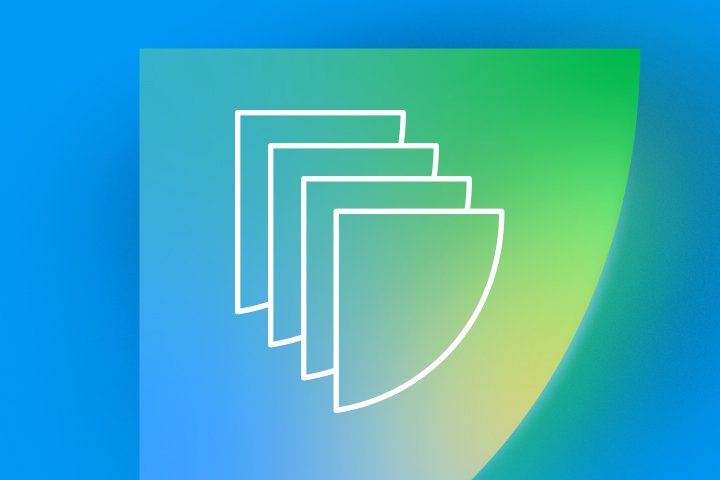Today’s work environments are constantly evolving — from remote and hybrid setups to BYOD and cloud-first tools. While these shifts increase flexibility, they also introduce more opportunities for sensitive data to be lost, mishandled, or stolen.
IT professionals are on the front lines of managing this risk. While many teams have embraced cloud platforms and SaaS applications that improve baseline security, employees remain the most frequent source of data loss — not always maliciously, but often through simple mistakes or neglect of basic policies.
Whether your team is fully remote or hybrid, here are five practical tips to help employees work more securely every day.
- Reinforce Smart Daily Habits
- Emphasize Data Backups with the 3-2-1 Rule
- Store Only What You Need
- Don’t Overlook Physical Maintenance
- Use a VPN and MFA — Always
1. Reinforce Smart Daily Habits
Even the best security tools can’t fully protect against human error. Encourage your employees to follow these essential practices:
- Don’t respond to unsolicited emails or unknown requests
- Never share login credentials via email, chat, or over the phone
- Avoid clicking suspicious links or banners
- Don’t install unverified applications or tools
- Never postpone critical software or OS updates
- Keep antivirus protection enabled at all times
- Verify any request before sharing personal or sensitive information
Consider turning these into a printable one-pager or digital reminder for new employees.
2. Emphasize Data Backups with the 3-2-1 Rule
No security plan is complete without a solid backup strategy.
Remind employees — especially remote ones — to follow the 3-2-1 rule:
- Keep three copies of your data
- Store it on two different types of media (e.g., cloud and local drive)
- Ensure one copy is stored offsite
Also, regularly test your backups to confirm data integrity. A backup is only valuable if it works when you need it.
3. Store Only What You Need
The less data stored on personal or local devices, the less you risk losing. Encourage your team to:
- Minimize local storage of sensitive documents
- Use company-approved cloud or network storage
- Regularly clean out outdated or unnecessary files
This simple practice reduces your attack surface and improves organizational hygiene.
4. Don’t Overlook Physical Maintenance
It may sound old-school, but hardware maintenance still matters. Dust buildup in laptops and desktops — especially in air-conditioned offices — can lead to overheating and eventual failure.
Encourage employees to keep devices dry, clean, and regularly checked. It's a small step with big impact.
5. Use a VPN and MFA — Always
Remote access should never mean compromised access. Require your employees to:
- Use a VPN when connecting to company systems from outside the office
- Enable Multi-Factor Authentication (MFA) whenever available
Both tools provide added layers of security without burdening the user experience.
What Else Can Employers Do?
Even the best-trained teams can make mistakes — and that’s where technology steps in. A Data Loss Prevention (DLP) solution like Safetica can help enforce policies, prevent mistakes, and empower employees in real time.
Here’s how Safetica helps:
- Define custom security policies and prevent unauthorized sharing of sensitive files
- Alert users before risky actions, like sending sensitive files externally
- Require business justification for suspicious behavior — all actions are logged and reported
- Build awareness through real-time, in-context notifications
With Safetica, your employees gain confidence, and you gain visibility and control over your most valuable asset: your data.
Next articles

Hidden Data Everywhere: Why It’s Important to Have Complete Visibility for Data Security
Modern work creates blind spots across shadow IT, AI tools, personal devices, and third-party services. This article explains why visibility is essential for effective data discovery and stronger data protection.
